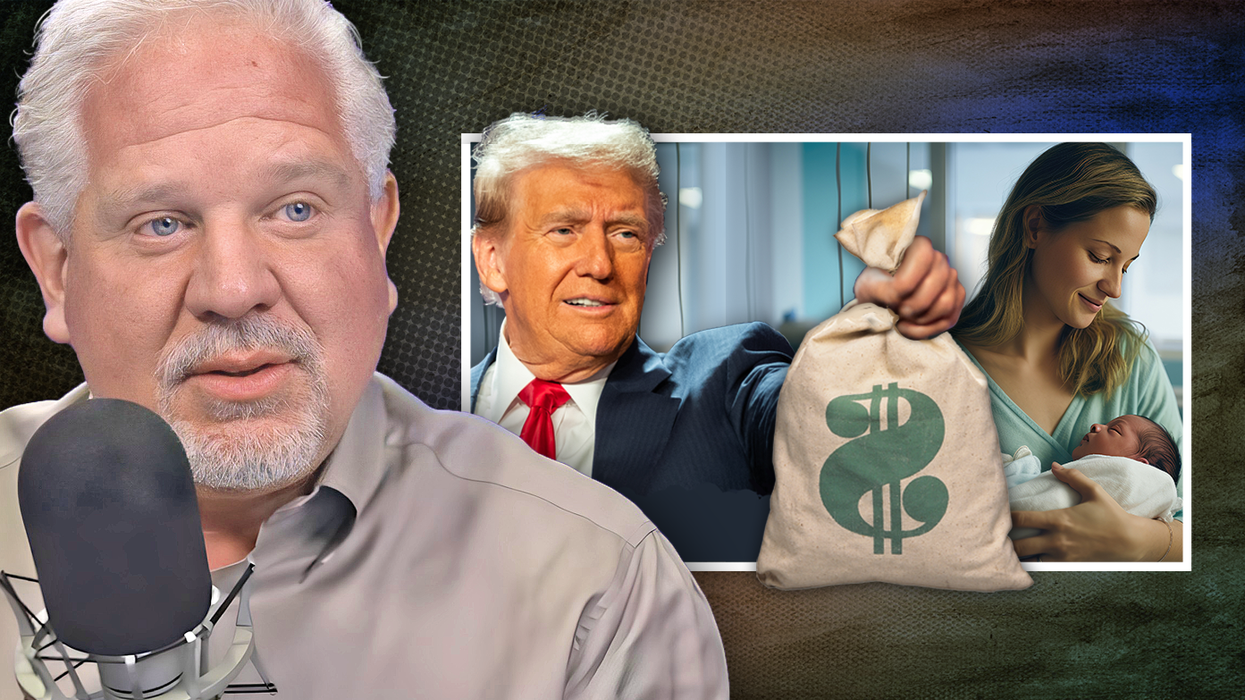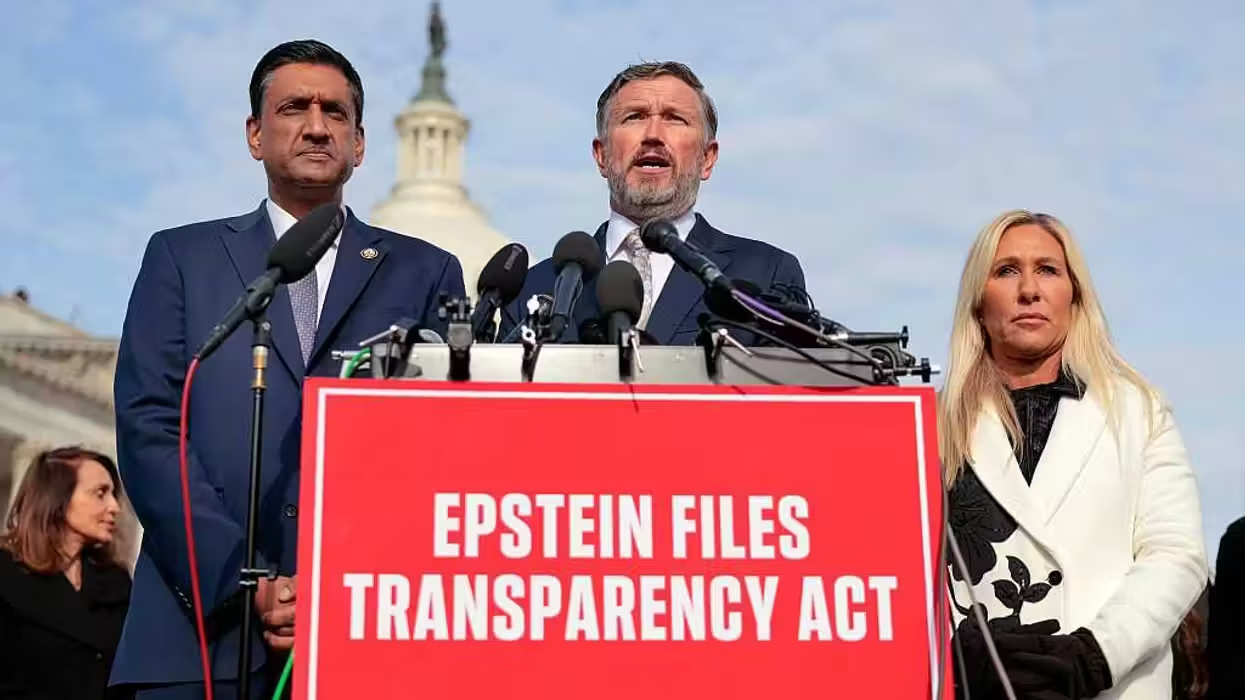
© 2025 Blaze Media LLC. All rights reserved.
Reagan Biographer: Trump Is No Reagan — but He Is Very Similar to Another Republican President
January 25, 2016
“Politics was never personal to Reagan, but it’s always very personal to Nixon and to Donald Trump.”
A Ronald Reagan biographer who worked on the Reagan campaign said that Donald Trump is no Reagan but that he is quite similar to former Republican President Richard Nixon.
“Politics was never personal to Reagan, but it’s always very personal to Nixon and to Donald Trump,” Craig Shirley told TheBlaze. “Reagan could be tough. But Nixon would go beyond tough in campaigning and would even be cruel, whether it was Helen Douglas or Hubert Humphrey. Donald Trump goes beyond being tough to cruel.”
 President Richard Nixon delivers his State of the Union address on Capitol Hill in January 1974. (AP Photo, File)
President Richard Nixon delivers his State of the Union address on Capitol Hill in January 1974. (AP Photo, File)
“Ronald Reagan was a fairly liberal Democrat, and he evolved over years and he became more and more conservative," Trump told CBS News. "And he was not a very conservative person, but he was pretty conservative. And he ended up being a great president.”
Trump further said that the movement behind his own campaign is larger than the movement for Reagan, stating on Bloomberg News, “I think that the closest thing I can think of is Reagan, but I don’t think it’s the intensity that we have. Now, Reagan had a little bit of this, but I don’t think to the same extent — but he also won. And don’t forget, we are very far out. This far out, the Secret Service and the all of the people, these are fantastic people … and everybody tells me that they’ve never seen crowds like this, this far away from November — it’s a long ways away.”
One reason Trump’s professed conservative conversion line up with Reagan’s, according to Shirley, is that it came before a potential presidential run, whereas Reagan’s change was gradual — from a conservative Democrat to a conservative Republican in the early 1960s, years before running for public office.
“Reagan believed, I think, what Whitaker Chambers believed, which is that he was going from the winning side to the losing side,” Shirley said.
Shirley is the author of three books on Reagan: “Reagan's Revolution: The Untold Story of the Campaign That Started It All,” about the 1976 presidential campaign; “Rendezvous With Destiny: Ronald Reagan and the Campaign That Changed America,” about the 1980 election; and “Last Act: The Final Years and Emerging Legacy of Ronald Reagan,” after Reagan left the White House.
Similar to how Trump has succeeded by campaigning against political correctness, Nixon won in 1968 and 1972 by campaigning against the counterculture that created immense concern in middle America.
Shirley largely attributes Trump's "faux populist" rise to three factors: President Barack Obama's administration; the weakness of the Republican Congress in fighting Obama; and the failure of former President George W. Bush's big government conservatism.
Shirley did not entirely contend that Trump is a liberal or progressive, just of an entirely different conservative outlook from Reagan. He argued that Reagan was more of a classic liberal in the tradition of John Locke, while Nixon was a conservative in the tradition of Edmund Burke.
“Reagan was a conservative of the enlightenment, a classic liberal, not an American liberal, that believed first in the autonomy of the individual, that power flows upward from the people to institutions,” Shirley said. “Nixon and Trump are more like Burke conservatives, that institutions must always be defended.”
Want to leave a tip?
We answer to you. Help keep our content free of advertisers and big tech censorship by leaving a tip today.
Want to join the conversation?
Already a subscriber?
more stories
Sign up for the Blaze newsletter
By signing up, you agree to our Privacy Policy and Terms of Use, and agree to receive content that may sometimes include advertisements. You may opt out at any time.
Related Content
© 2025 Blaze Media LLC. All rights reserved.
Get the stories that matter most delivered directly to your inbox.
By signing up, you agree to our Privacy Policy and Terms of Use, and agree to receive content that may sometimes include advertisements. You may opt out at any time.






